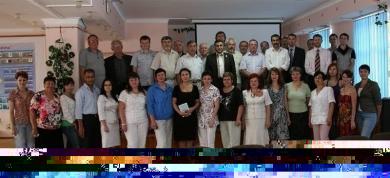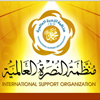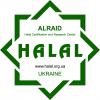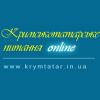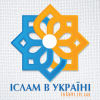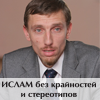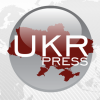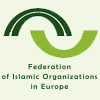You are here
Religiosity can be revived without confrontation: Crimean experience » Add new comment
Add new comment
Organization of annual scientific and practical conferences and round tables has become a tradition for the All-Ukrainian Association of Public Organizations (AAPO) “Alraid”. These events bring together scientific elite of this multiconfessional and multinational peninsula, as they offer a platform for scientists, professors and staff from research institutes and laboratories for exchanging experiences and results of their scientific search.
The next round table “Mutual influence of cultures as a factor of ethnic and confessional accord in Crimea”, held on June, 5, 2012 in the Islamic Cultural Center of Simferopol (7a, Mokrousov str.), was devoted to the Science Day in Ukraine.
The role of mediator was taken by Alexand Aybabin, doctor of history. In his address he emphasized that organization of this event devoted to mutual influence of cultures in the “Alraid” premises has already been a good tradition.
Ethnic and confessional dialogue in Crimea has been on for years. Like seeds thrown on the fertile soil, it germinates and brings fruits.
Example for descendants in ancestors’ practices
Dr. Andrey Nikiforov, dean of the Tavrichesky National University, made a historical review of ancient, medieval, Christian and Muslim phases in the development of the Crimean peninsula. In his report “Dynamics of ‘Christian-Muslim’ geopolitical cycle in the Black Sea region” he stressed that our historical ancestors could coexist in peace and accord, so we are but obliged to preserve peace on our peninsula.
An exciting report about the dialogue as a factor for harmonizing confessional relations in Crimea was delivered by Dr. Zarema Khairetdinova, dean of the cathedra for cultural studies at the Tavrichesky National University. This cognitive information was harmonically added by the report of Dr. Oksana Mironova, dean of the cathedra for judicial medicine, about implications of religious injunctions for norms of secular law, illustrated by information on daily practices of the Crimean peninsula.
Tolerance as an intrinsic feature of Islam
The theme of tolerance in Islam at this round table was dealt with in a comprehensive manner. Mr. Ali Mohammad Taha, chairman of “Alraid” in Crimea, spoke about issues of fostering tolerance in the context of Medina Constitution.
Mr. Said Izmagilov, Mufti of the Religious Administration of Muslim of Ukraine (RAMU)“Ummah”, post-graduate student of the cathedra for philosophy and religious studies of the State University for Informatics and Artificial Intellect, explicated the theme “Islam in the context of mutual influence of cultures”, whereas Victor Gankevich, professor of the Tavrichesky National University, spoke about ethnic and religious situation in Bakhchisaray in times of the rule of Ismail Gasprinsky.
Although the reports were delivered in a brief and concise form, everyone engaged in their discussion. This allowed for investigating discussed issues in various dimensions and offering best solutions, and to consider the discussed practices for further scientific investigations.
Concluding the event, the “Alraid” chairman congratulated the discussion contributors with the Day of Science in Ukraine and handed them memorial gifts. Publication of a book of scientific works brought to the round table is planned.
Reporter.

